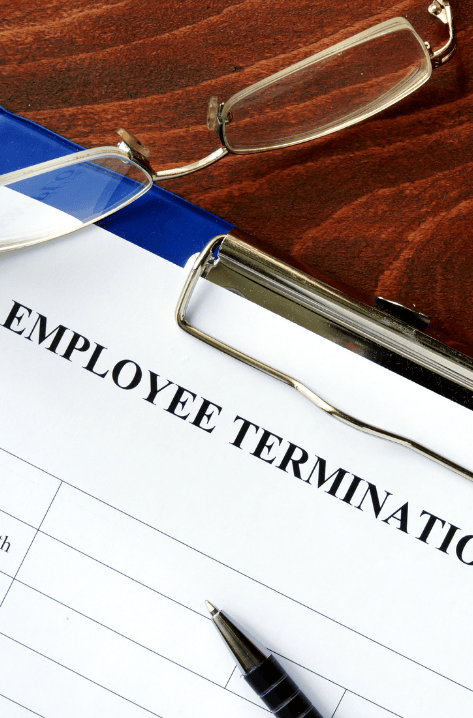An Important Note for Turkish Construction Companies Operating in Saudi Arabia
Covid-19 has greatly affected construction projects, not just in Saudi Arabia but all over the world. Parties involved in construction projects are having difficulties in moving projects forward and in finding solutions to claims arising from on-site suspensions, delays, and additional costs. While some construction contracts have already been terminated due to the pandemic, many others are being renegotiated. In order to minimize the adverse effects of Covid-19, parties have begun to seek solutions and find common ground by compromising on their legitimate claims.
On 23 December 2020, the General Panel of the Supreme Court of the Kingdom of Saudi Arabia rendered a decision (KSA Supreme Court’s General Assembly, Decision n° 45/m of 08/05/1442 A.H) regarding the impact of Covid-19 on construction contracts. The opinion of the Supreme Court provides guidance on the way in which the principle of good faith in the performance of a contract should be applied in accordance with Sharia Law. With the new decision, construction contracts governed by Saudi Arabian laws can now be modified by the courts of Saudi Arabia without the parties’ consent under some circumstances.
As is known, the General Panel of the Saudi Supreme Court is the highest court in Saudi Arabia and its decisions are strictly binding for local courts. It should be noted that this decision has not been rendered due to a specific case but as guidance with the purpose of setting principles for construction contracts that have been negatively affected by the Covid-19 outbreak.
Firstly, as is the case in many jurisdictions, the Supreme Court of Saudi Arabia decision defines Covid 19 as a force majeure event where i) the date of contract signing is prior to the force majeure event, ii) the force majeure event is not a result of the parties’ behaviour, iii) the force majeure event is beyond the parties’ control iv) such an event is not foreseeable by the parties, v) the parties have not waived or settled and/or vi) the force majeure event has not otherwise been stated by law. In addition to those features, the force majeure event should also result in non-performance of parties’ contractual obligations and should result in a loss.
According to the decision, if Covid 19 impacts on construction projects governed by Saudi law, as indicated in the above paragraph, those contracts may be modified by the courts with the following amendments:
a. Increase in the Contract Price:
In cases where Covid-19 increases the cost of the performance of a construction contract due to increases in material, labour or operational costs, the court may increase the contract price. However, in such cases, the project owner may request the termination of the contract.
b. Reducing the Amount of Supply:
In cases where Covid-19 results in a shortage of goods or materials required for the performance of a contract, the court may decrease the quantity of goods to the extent that those available become sufficient to move the project forward.
c. Suspension due to the Unavailability of Materials:
In cases where Covid-19 results in temporary unavailability of materials, the court may decide to suspend obligations that have been affected. However, if a suspension is likely to harm a party, that party may request a termination.
d. Suspension of the Contract:
In cases where Covid-19 results in delays to performance, the court may temporarily suspend some of the parties’ obligations; however, any such suspension may give a project owner the right to terminate a contract if the decision is likely to harm them.
While the decision of the Supreme Court of Kingdom of Saudi Arabia is deemed as guidance for construction disputes governed by Saudi Arabia laws, the impact of the decision is yet to be seen.
Having said that, parties claiming damages due to Covid-19 will now be able to rely on this decision when approaching an Employer, which could help contractors gain a more favorable response. This is especially true given that should issues be escalated to court, there is now guidance on the basis of which they can seek to reduce the limits of obligations that have become excessively onerous during the pandemic.
This is an important decision for the Turkish construction industry too as many Turkish companies have been working in Saudi Arabia on sizeable projects. Additionally, this decision may be seen as a benchmark for projects in the Middle East and therefore the reasoning in the decision and its interpretation is of significance to Turkish contractors doing business in that region.



